I’m proud to say that I’ve been chosen as one of the judges for this year’s Barbara Jefferis Award.
The following information is copied from the Australian Society of Authors website.
‘Barbara Jefferis was a feminist, a founding member of the Australian Society of Authors, its first woman President and, in the words of Thomas Keneally, ‘a rare being amongst authors, being both a fine writer but also organisationally gifted. She was a professional and internationally published writer long before most of us dreamed of such things.
The Award is paid from the Barbara Jefferis Literary Fund, which has been established as a result of a bequest from Barbara Jefferis’s husband, ABC film critic John Hinde, who died in 2006. The Australian Society of Authors is Trustee of the Fund. In 2014 the Award is valued at $50,000.’
And this year ebooks can be submitted, for the second time – the first was in 2012. For the first time, self-published books can also be submitted, subject to conditions detailed in the submission guidelines. As a judge and as an author, I applaud these developments.
The ASA offers its members the chance to publish their own ebooks under Authors Unlimited, and is very supportive, in other practical ways, of Australian writers attempting to understand and navigate the digital revolution.
Most of the time I feel energised and excited by the new possibilities and opportunities. Ebooks have given me, and countless others like me – some formerly published in print and some not – a way to think of the future and an expanded horizon.
I can’t help recalling Miranda, watching the strange, exotic ship on her horizon.
‘O wonder!
How many goodly creatures are there here!
How beauteous mankind is! O brave new world,
That has such people in’t.’
These lines from Shakespeare’s The Tempest are ironic, according to some interpretations, and Aldous Huxley’s Brave New World, published in 1931, famously turns irony into satire. It’s easy to satirise and deride ebook authors and their hopes of setting sail, but I prefer to look on the bright side.
Yes, your new blog looks great, Joan! Thanks for your comment about the changes to the Barbara Jefferis Award. I’m going to write a follow-up, with information about which Australian literary awards are now open to ebooks and self-published books, and which aren’t. I think there are two ways of looking at the changes – one is to recoil in horror from the flood – the other is to understand that increased opportunities don’t have to mean a drop in standards.
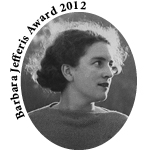
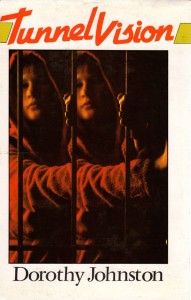
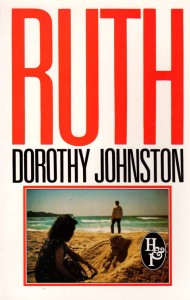
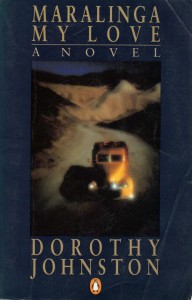
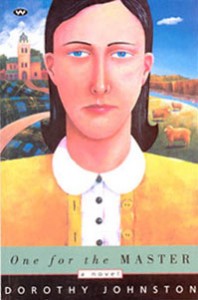
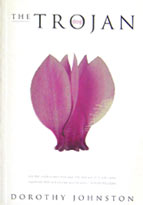
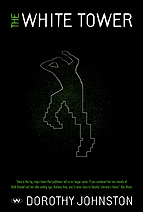
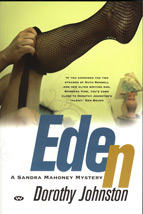
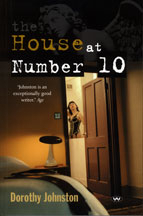
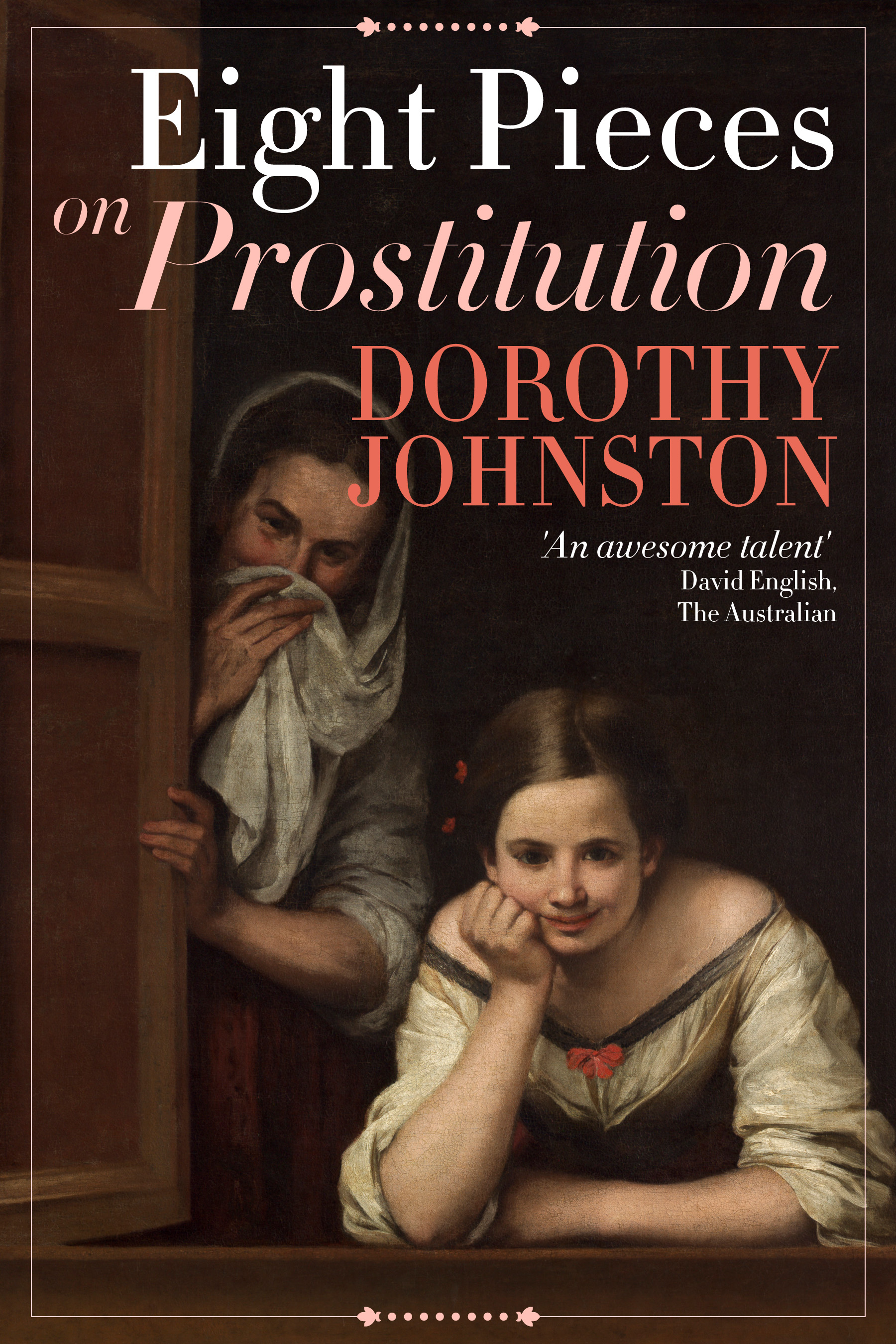
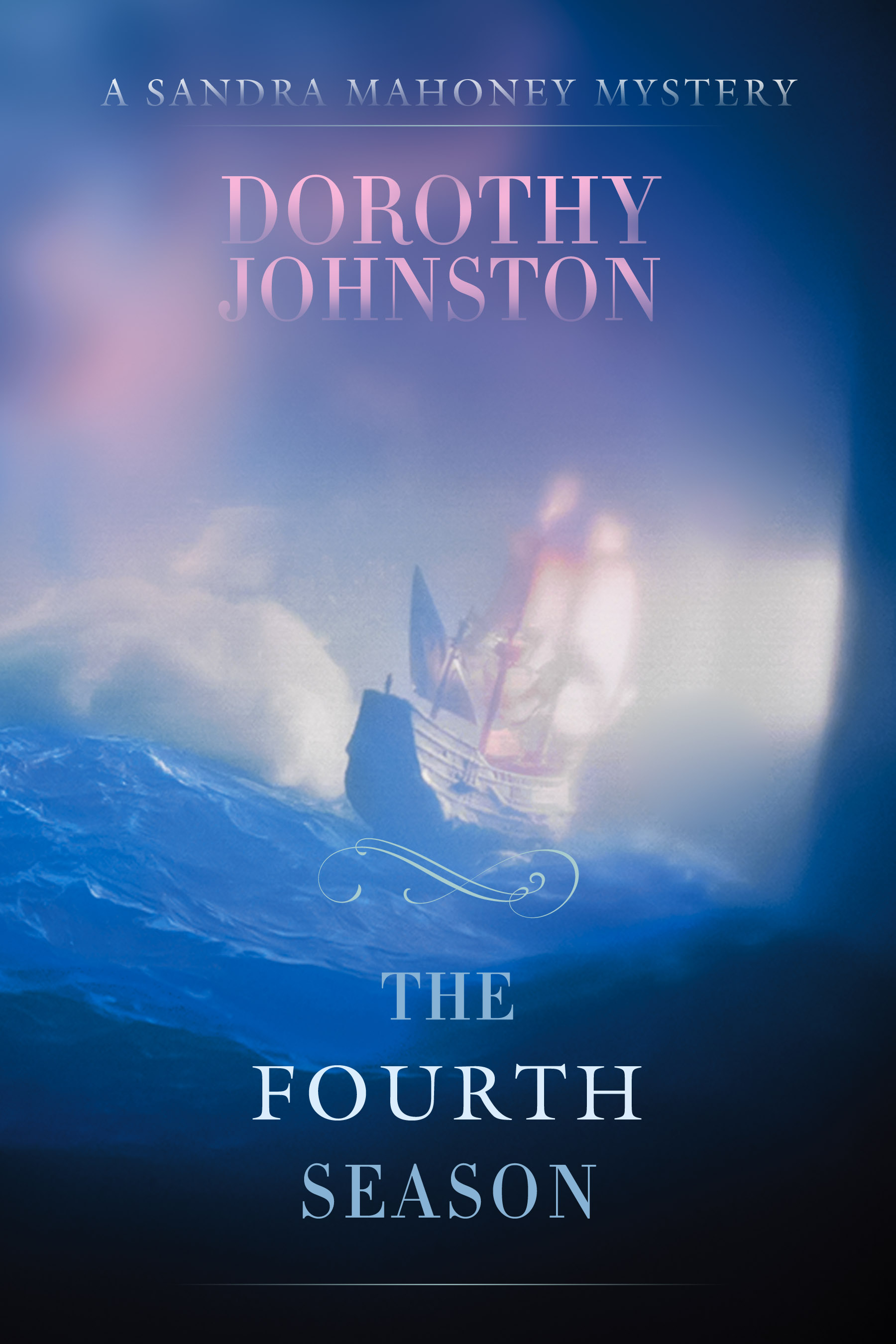
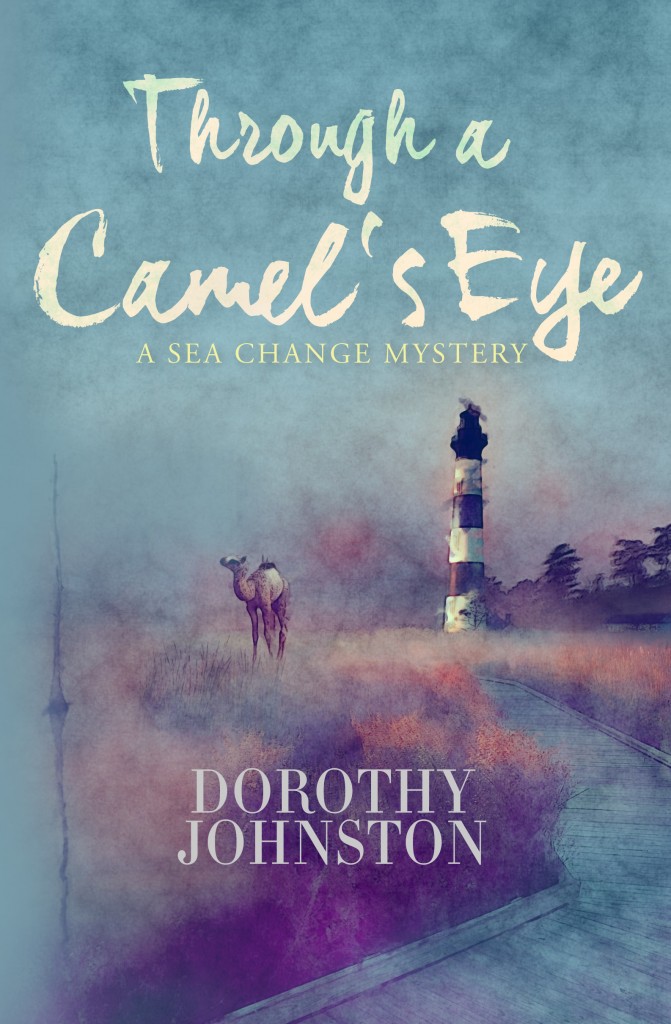
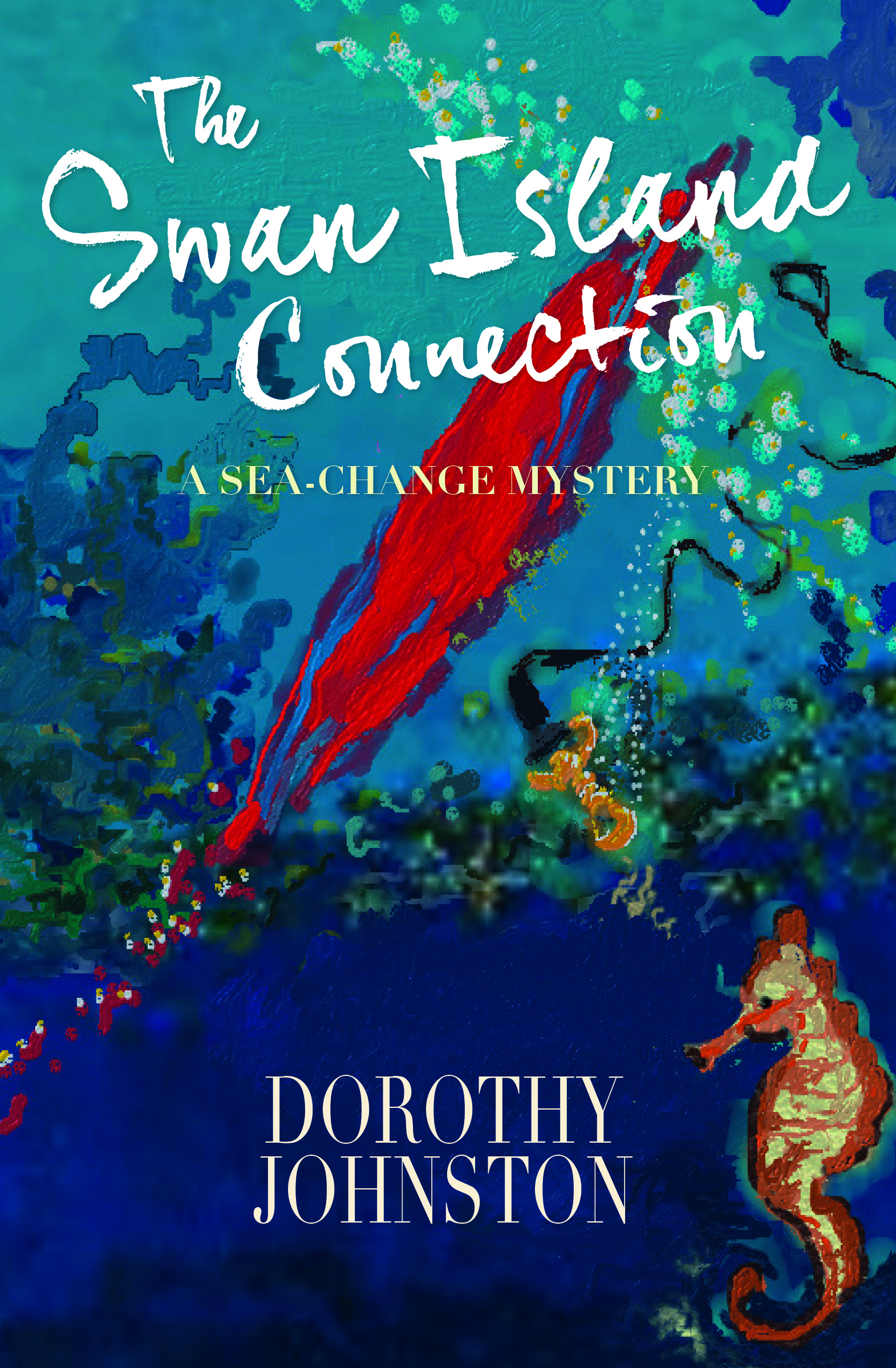
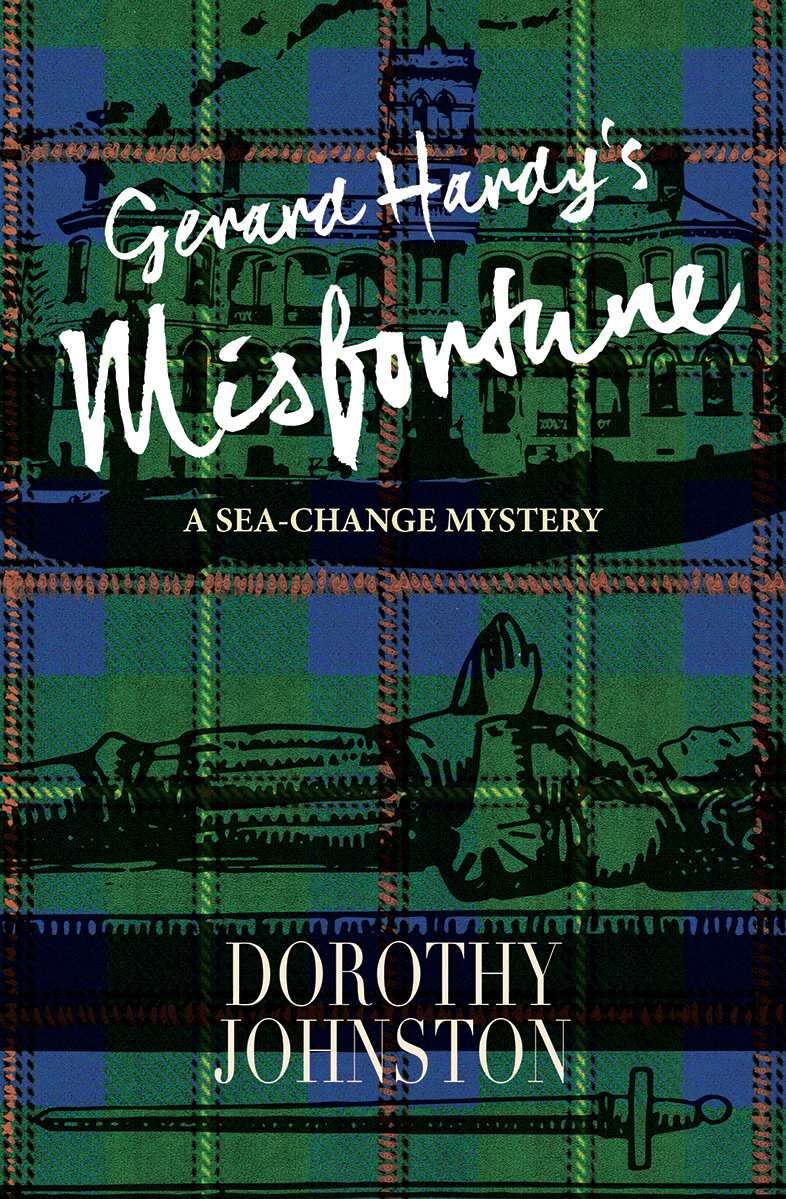
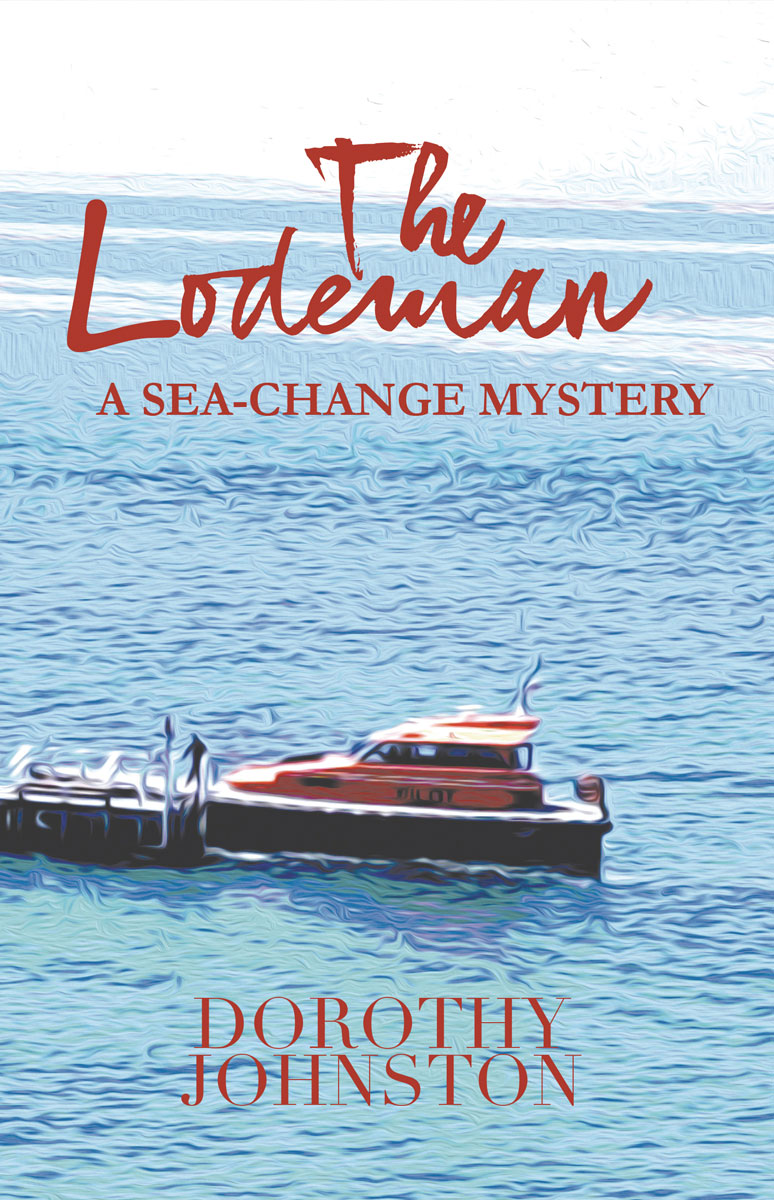
Hi Dorothy,
congratulations on being chosen to judge this award. It will be a very interesting process ploughing through all those entries! is there a shortlist before it gets to you? I’d like to be a fly on the wall during the judges’ discussions about what it means to depict girls and women in a positive/empowering way.
I agree with you about the excitement of self-publishing in ebook format. Yes, there is a lot of dross. but so there is in traditional publishing. It’s great to know a) you don’t have to market your book as just like something else (which publishers seem increasingly to want) and b)your book is out there for as long as you want it to be.
Thanks too for commenting on our new blog, which we are quite excited about.
455672859